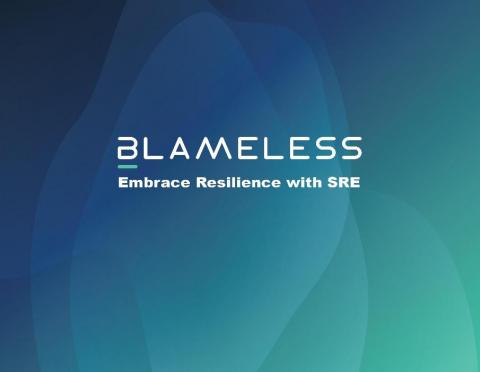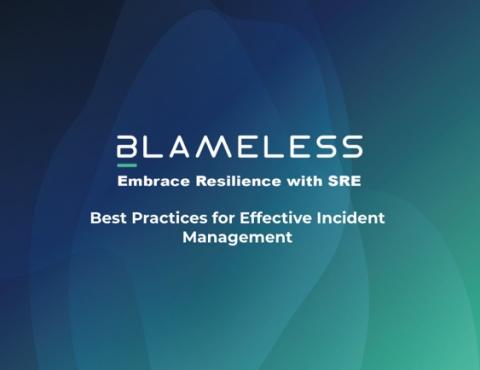Top Practices for Runbook Automation
Runbooks, also known as playbooks, are documents that walk you through a certain task with specific steps. For example, a runbook for spinning up a new server might ask some questions about the purpose of the server and its estimated load, then lead you to the appropriate instructions and settings. Runbooks ease the cognitive load of these common tasks by clearly outlining the process for each.











